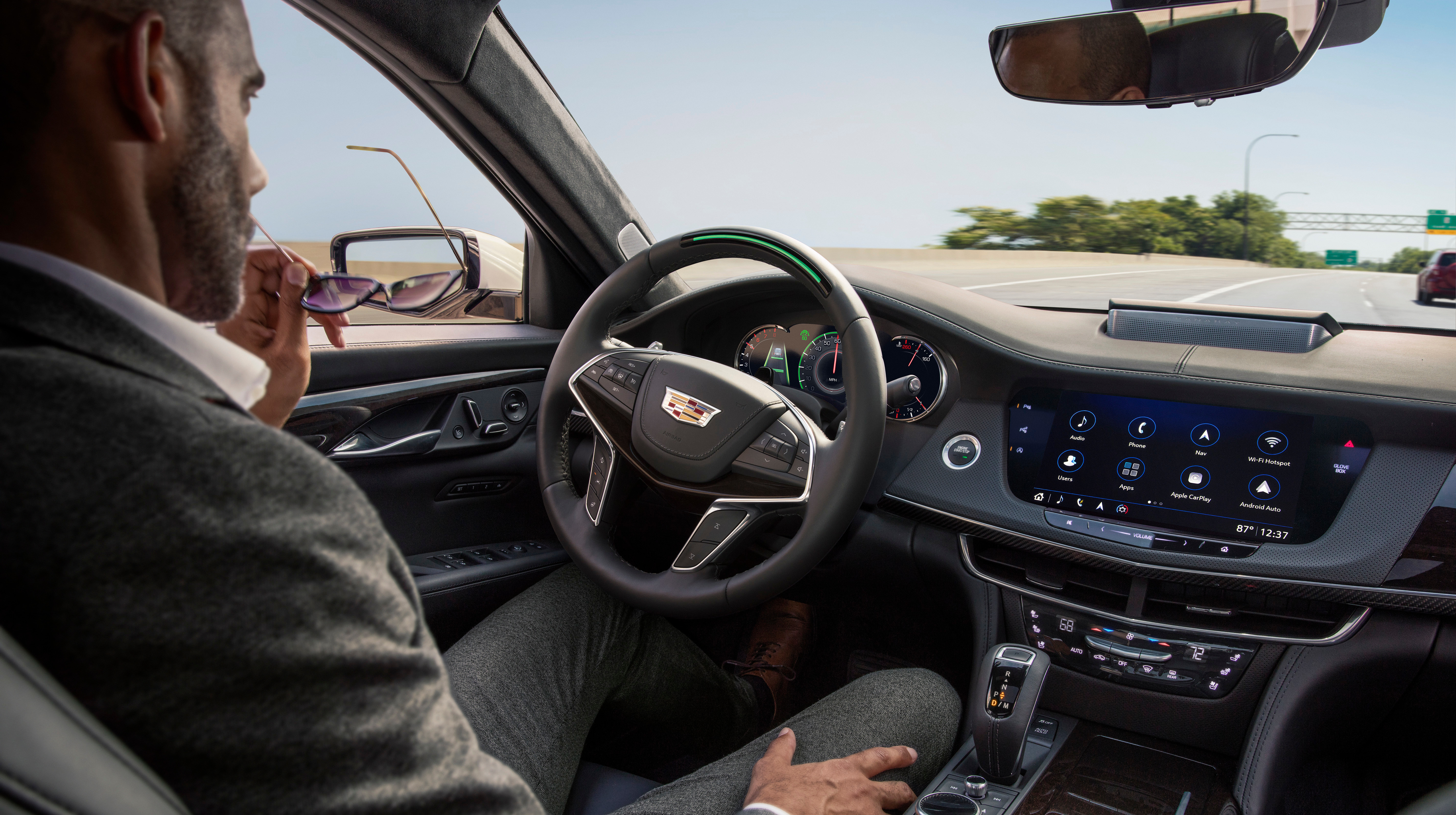Your Modern Car Is A Privacy Nightmare
Next time you feel the need to justify to a family member, friend, or random acquaintance why you drive an old shitbox instead of a much more comfortable, modern vehicle, here's another reason for you to trot out: your old shitbox, unlike every modern car, is not spying on you.
That's the takeaway from a Washington Post investigation that hacked into a 2017 Chevy Volt to see what data the car hoovers up. The answer is: yikes.
Among the trove of data points were unique identifiers for my and Doug's [the car's owner] phones, and a detailed log of phone calls from the previous week. There was a long list of contacts, right down to people's address, emails and even photos.
...
In our Chevy, we probably glimpsed just a fraction of what GM knows. We didn't see what was uploaded to GM's computers, because we couldn't access the live OnStar cellular connection.
And it's not just Chevy:
Mason has hacked into Fords that record locations once every few minutes, even when you don't use the navigation system. He's seen German cars with 300-gigabyte hard drives — five times as much as a basic iPhone 11. The Tesla Model 3 can collect video snippets from the car's many cameras. Coming next: face data, used to personalize the vehicle and track driver attention.
Perhaps most troublingly, GM wouldn't even share with the car's owner what data about him it collected and shared.
And for what? Why are automakers collecting all this information about you? The short answer is they have no idea but are experimenting with the dumbest possible uses for it:
Automakers haven't had a data reckoning yet, but they're due for one. GM ran an experiment in which it tracked the radio music tastes of 90,000 volunteer drivers to look for patterns with where they traveled. According to the Detroit Free Press, GM told marketers that the data might help them persuade a country music fan who normally stopped at Tim Horton's to go to McDonald's instead.
That's right, it wants to collect as much information about you as possible so it can take money from fast-food restaurants to target people who like a certain type of music, which is definitely, definitely a real indicator of what type of fast food restaurant you go to.
You should check out the entire investigation, as there are a lot of other fascinating bits in there, like what can be learned about a used infotainment system bought on eBay.
One point the article doesn't mention, but that I think is important, is how badly this bodes for the electric future, since pretty much by definition every electric car must have at least some form of a computer. Unfortunately, making cars is hard and expensive so it's unlikely a new privacy-focused electric automaker will pop up any time soon. I mean, hell, we barely even have privacy-focused phones.
Privacy or environmentally friendly: choose one. The future, it is trash.
